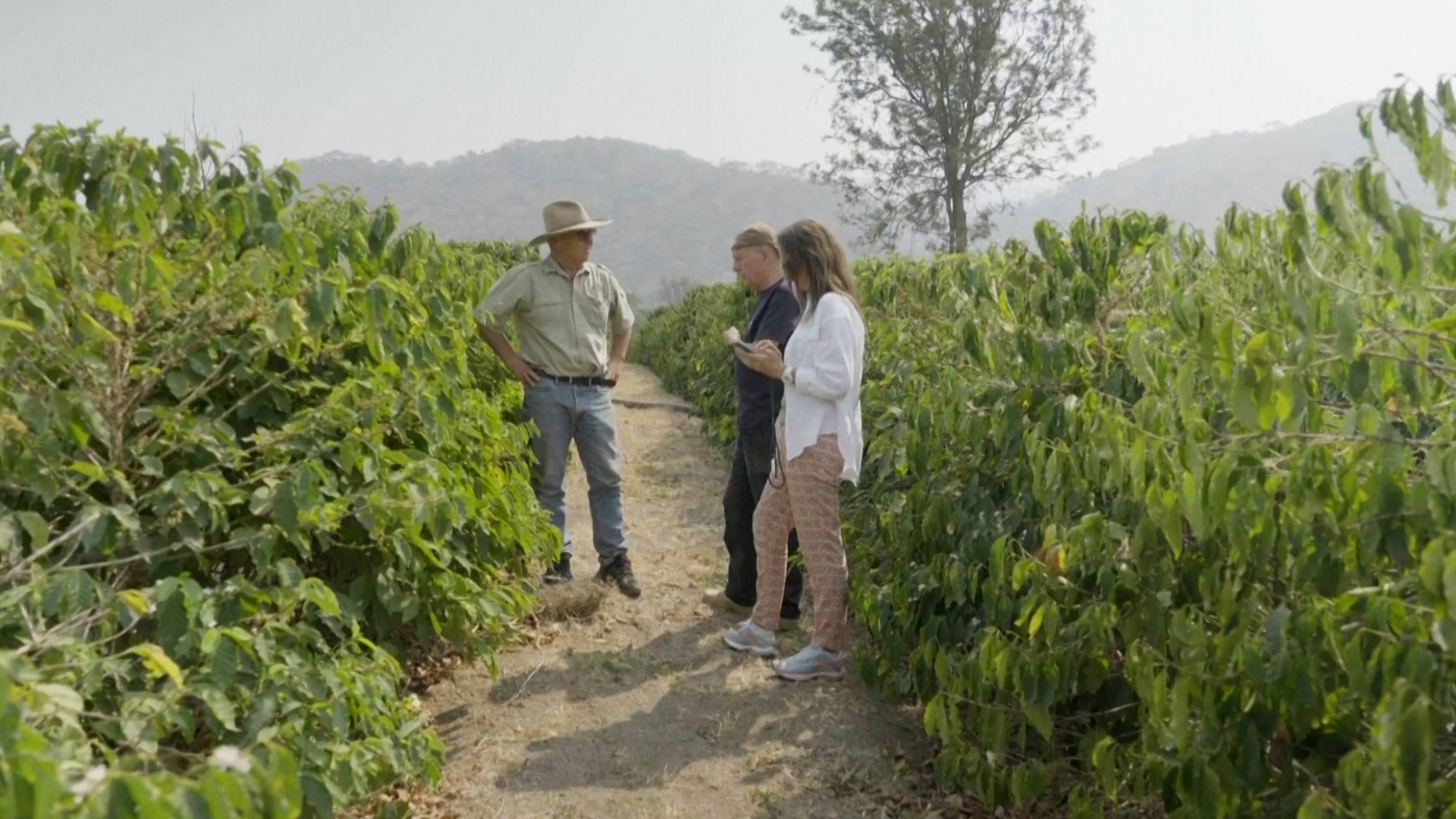This Caribbean island is showing the world how to save biodiversity

Redonda has now been declared a protected reserve, and it is a success story for biodiversity conservation. Image: Unsplash/Sonika Agarwal
Elizabeth Claire Alberts
Staff Writer, Mongabay
Get involved with our crowdsourced digital platform to deliver impact at scale
Stay up to date:
Future of the Environment
- Redonda is a small island in the Caribbean that was once overrun by invasive rats and goats.
- The rats and goats decimated the island's native plants and animals, and Redonda became known as a "rat island."
- A project was launched to remove all of the rats and goats from the island and to plant native trees and shrubs.
- The island's ecosystem has since begun to recover, and many native species have returned.
Seven years ago, Redonda, a volcanic island in the Caribbean Sea, resembled the moon’s surface: a dusty, debris-covered, barren terrain.
The island, which is part of Antigua and Barbuda, had once been mined for guano, seabird excrement used for fertilizer. However, mining operations on Redonda ceased around the start of World War I, and when the miners were gone, they left behind a legacy of rats and goats.
Over the successive decades, the rats and goats stripped Redonda of its vegetation. Rocks and soil slid into the sea, damaging the reefs and seagrass and making it dangerous for anyone to venture onto the island.
Then, in 2016, conservationists began removing the rats and goats to restore the island. They first used a rodenticide to eliminate the rats while not harming other biodiversity. Then, they captured and transported the small population of goats by helicopter off the island, most of whom had been starving due to the lack of food on Redonda.

Once these invasive animals were gone, Redonda transformed faster than anyone could have imagined. Native trees and grasses sprouted back. Seabirds like brown boobies (Sula leucogaster) and red-billed tropicbirds (Phaethon aethereus) recolonized the island. According to conservation experts working to restore Redonda, the population of the critically endangered and endemic Redonda ground dragon (Ameiva atrata) has increased thirteenfold since 2017.
“The island was in such a dreadful state that everyone thought it was going to need an awfully long time to recover,” Jenny Daltry, Caribbean alliance director for the NGOs Re:wild and Fauna & Flora International, told Mongabay. “But we were seeing changes really fast.”
How does the World Economic Forum encourage biological diversity?
After the successful restoration of Redonda, the government of Antigua and Barbuda announced this month that it had established the Redonda Ecosystem Reserve, covering nearly 30,000 hectares (74,000 acres) of land and sea, an area a quarter the size of Rome, which encompasses the terrain of the island as well as the seagrass meadows and coral reef surrounding it.
Arica Hill, the executive director of the Environmental Awareness Group (EAG), an NGO based in Antigua and Barbuda that was involved in the restoration effort, called the establishment of the reserve a “good jumping point” for future conservation action in the Caribbean, which is peppered with small islands overrun by invasive species.
“What we’re hoping to see is that we’ll be able to use the same model of NGOs working with government, working with private individuals and private agencies to come up with a system of managing an area,” Hill told Mongabay.


Removing invasive species has also been done to restore islands in many other parts of the world, including French Polynesia, Tonga and South Africa. The effectiveness of this restoration method is also supported by science. A 2022 study found that removing invasive species, such as rats, rabbits, cats and pigs, was 88% effective in restoring biodiversity on island habitats.
Daltry said she expects more positive changes on Redonda and its surrounding sea in the coming decades.
“Without vegetation, things were just crumbling into the sea, smashing up the reefs and the seagrass meadows,” Daltry said. “But we should see that pressure decrease on the coral reefs and the seagrass meadows to start to recover as well.
Have you read?
This is how to leverage community-led sustainable tourism for people and biodiversity
A round-the-world boat race could change how we research ocean biodiversity
How biodiversity conservation can unlock opportunities for Latin America and the Caribbean
Florida has brought this dying river back to life – here’s how its biodiversity bounced back
“When you remove rats on an island, seabird populations recover, and indeed, we can already see the seabird populations increasing,” Daltry added. “And there’s very close connections between the state of the seabirds and the state of fish.”
Hill said the most exciting part about Redonda’s restoration and establishment as a protected area is seeing “Antiguans and Barbudans fall in love with Redonda and be at the forefront of conservation action.”
“Antigua and Barbuda has not always been at the front and center [of conservation], and it’s not a picture that we’ve grown up seeing,” Hill said. “And I’m so excited and so proud of my team of people who are Antiguans and Barbudans.”
Don't miss any update on this topic
Create a free account and access your personalized content collection with our latest publications and analyses.
License and Republishing
World Economic Forum articles may be republished in accordance with the Creative Commons Attribution-NonCommercial-NoDerivatives 4.0 International Public License, and in accordance with our Terms of Use.
The views expressed in this article are those of the author alone and not the World Economic Forum.
The Agenda Weekly
A weekly update of the most important issues driving the global agenda
You can unsubscribe at any time using the link in our emails. For more details, review our privacy policy.
More on Nature and BiodiversitySee all
Lena McKnight and Stefan Fahrni
May 2, 2024
Cristen Hemingway Jaynes
April 30, 2024
Robin Pomeroy and Linda Lacina
April 29, 2024
Greg Goodwin and John Stackhouse
April 29, 2024






